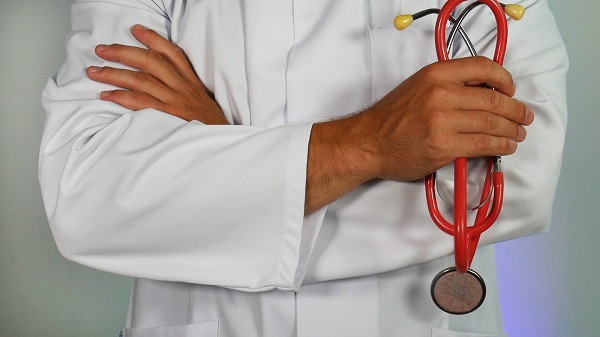
Healthcare in France for expats
Healthcare in France for expats
How to access the French healthcare system
Do you want the good news or do you want the bad news? The good news is that France has a really superb healthcare system, with standards of care the equal of anywhere in the world. The bad news - accessing it is not expensive, but it can be very, very complicated.
Your access to the system will depend on several things. For instance, it will depend on whether you reside in France; and if you do, whether you work, or not; and if you're not resident in France, whether you're an EU citizen/resident, or not.
You'll also find that whereas the NHS is a single system, the French service is much more diversified. Your doctor might send you to hospital, but equally, your doctor will send you to a specialised laboratory to have blood tests or biopsies done, and if you need an annual flu jab, you'll get it in the pharmacy, not the surgery. X-ray and scanner results will be given to you, in a big envelope, and it's your responsibility to bring them to any future visit (the specialist might have been emailed the results, but you can't always depend on it).
Getting to hospital could involve or the services of the sapeurs-pompiers ('firemen', but they do a lot more) or SAMU (emergency services), or a private ambulance for a routine visit for a patient who can't make it there on their own.

Download the complete guide for free
Ready to turn your dream of owning property in France into reality? Our comprehensive guide, "How to Buy Property in France," is your essential resource for confidently navigating the French real estate market.
Fill out the form below and download your copy now.
 Living in France
Living in France
If you're a French resident you will need to get a carte vitale which entitles you to have your health costs 80% paid by the state (100% in some cases, such as long term conditions, affections de longue durée). You'll get that through your employment or through the relevant organisation for the self-employed, depending on the kind of business you run, and you'll pay contributions towards it based on your income. You'll then probably want to secure supplementary insurance with a mutuelle to pay the remaining part of your costs. Note that reimbursement is based on a list of standardised prices, so you might end up out of pocket if your health care is particularly expensive.
Cartes vitales can need chasing. Some people have waited up to two years to get them. As always with French bureaucracy, no one knows why!
If you're retired, things are slightly different. Brits can get a form S1 (arrangements should continue after Brexit, though that can't be guaranteed) and other EU citizens have similar rights to healthcare. Non-EU citizens or those who have retired early will need to pay for their own health insurance.
 Healthcare in France for holiday property owners
Healthcare in France for holiday property owners
If you have a holiday home in France but you don't live here permanently, you'll need either a European Health Insurance Card to get access to french healthcare (which may or may not be useful for UK citizens after Brexit) or full private health insurance.
Note that the EHIC is intended to put you in the same position as a French resident, so it will only pay 80% of your bills. You may still want to take out travel insurance to cover the rest - a one and a half week stay in hospital can cost EUR 1,500 or so for the 20% that's left.
A visit to the doctor will only set you back 25 euros. It's the other stuff that adds up - and remember, French doctors tend to prescribe everything they think you'll need, including painkillers, plenty of diagnostic tests, and vitamins, so you may end up paying quite a bit for ibuprofen you could have got at Tesco's for 25p!
 Standards
Standards
Once you're in the system you'll find it is delivered with some panache. For instance, hospitals don't have open wards - rooms have either double occupancy, or single (for infectious diseases, or if you want to pay a little more).
Diagnostic tests will be applied with no regard to cost until your doctor is sure of the diagnosis, and if you have a long term condition you'll find a barrage of tests will be applied at least once every year to ensure the progress of your affliction is being tracked and the side effects of any medication are noted quickly.
French nurses are also very good at controlling pain - it's not considered character-forming.
On the downside, the system sometimes seems to care more about your condition than it does about you. For instance, pregnancy in France is much more medically controlled than in the UK and making an unconventional delivery choice can be very difficult. (The plus side? French mothers are prescribed pelvic exercises and, if necessary, medical aids to get their lady parts back into working condition.)
You will, however, get a great standard of care, and you also have a right to make an informed choice of your treatment and of your specialists.
 Living in France
Living in France Healthcare in France for holiday property owners
Healthcare in France for holiday property owners Standards
Standards











